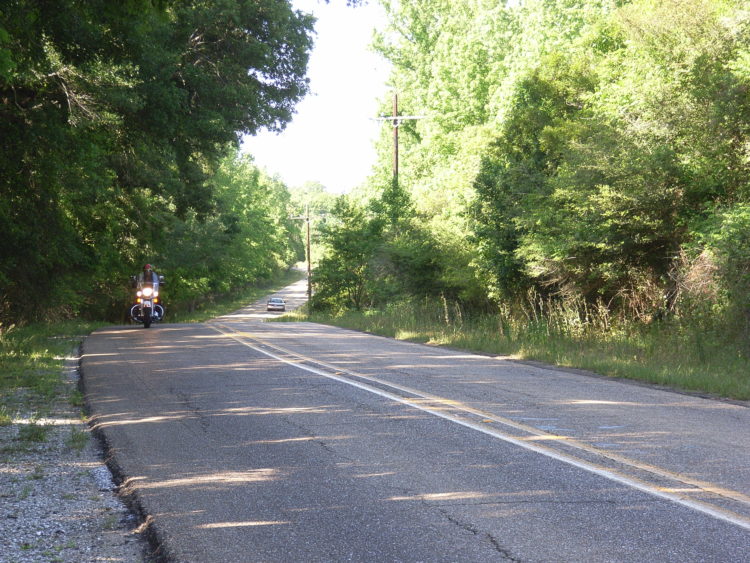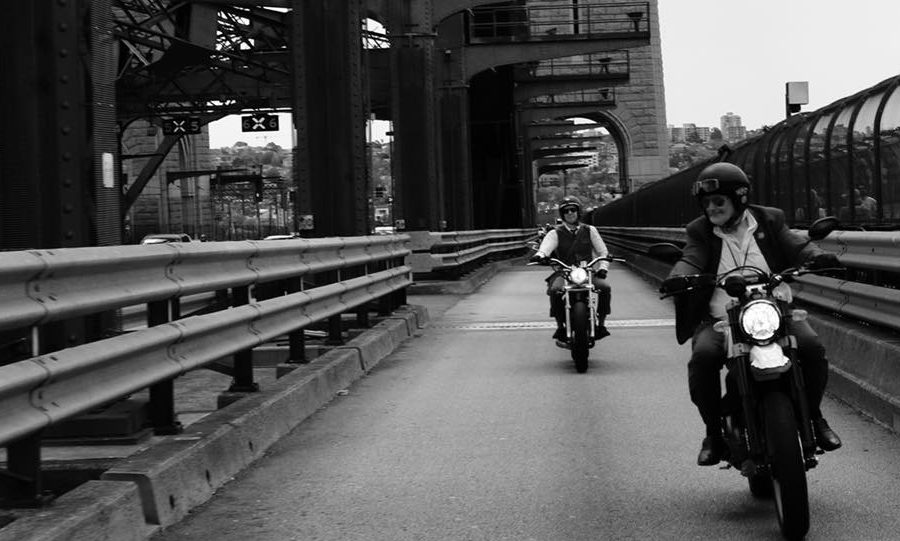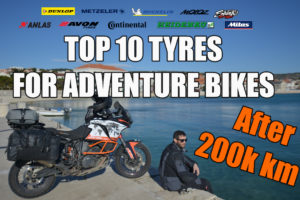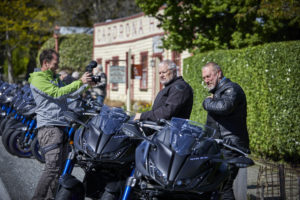We see quite a bit of positive news about the COVID-19 virus. It’s under control here or there, the vaccines are being rolled out and so on. Soon we will all be able to go ride wherever we like, again.
But I subscribe to an app from the Commonwealth Government of Australia, which lists the state of travel restrictions all over the world. You would be amazed, or even horrified like me, to see how many countries still have closed borders or require all sorts of elaborate testing before they’ll let you in — and then make you quarantine for 14 days.
So what is the real state of play? The virus, which I have taken to calling ‘the plague’, is clearly impossible to stop. It can be delayed; New Zealand and Australia, among others, have managed to do that. But if you think that it can be stopped dead, you’re being more optimistic than epidemiological history suggests you should be. Careful entry controls in islands like Australia and New Zealand have contained the spread of the plague, but don’t make the mistake of thinking that living on an island will keep you safe.

We don’t travel to be alone. Meeting different folks is one of the rewards of adventure riding. (Photo Onno van Ewyk)
The Faroes, a small group of islands halfway from Norway to Iceland, initially pulled off a spectacular victory against the plague. They have a firm which tests Faroe-raised salmon for viruses before they are sold internationally. This firm redesigned its tests to check for the plague instead, and succeeded. The Faroe Islands were declared plague-free almost instantly, and were very proud of that. As so often, however, pride came before a fall.
The fall eventuated when St Olav’s Day and a major society wedding coincided. Infections boomed, and the Faroes went from one of the least infected countries per capita in Europe to one of the most.
Initial success is no guide, then. Neither is anything else, really. Let us just face facts. The United States has a horrific reservoir of the plague. So does Brazil. Britain, as so often, has been unable to find its bottom with both hands and is predictably a hotbed, but even countries usually credited with more sense, like Germany, have uncontrollable infections.
The monster is loose.

How often have we prayed for empty roads? Be careful what you wish for… (Photo The Bear)
What will happen from now on? On the one hand, the various vaccines will work and will reduce the severity of the plague. Just exactly what they will do is still in doubt, but they will begin to work. For us, as adventure travellers, what matters is that they will do one or more of these things:
- They will protect anyone who has been inoculated from catching the plague.
- They will protect other people from the plague if they come into contact with anyone who has been inoculated.
- They will reduce the severity of infection for either of the above groups.
- They will stop us from taking the plague back to our home countries or on to other countries.
- They will, frankly, do very little except maybe stop us from succumbing to the plague ourselves. We will still spread it, just not badly.
Think about all of that. Which of those possibilities are you happy to entertain? Do you want to infect your or someone else’s country if it has not been ravaged already? Does it matter? After all, the plague will get there anyway. But I know that I would feel more comfortable if I had not been the one to bring it.

The plague will destroy the industries of many small countries, making them even more reliant on tourism — on us. (Photo The Bear)
From the point of view of the virus, there are two different paths. One, become more infectious and more deadly. This seems to be the way the South African and British variations are heading. But that is not a sensible path for a virus to take. After all, it does not want to kill you. It wants to procreate. If it wants to make more little viruses it is better for it to ease off its severity, become more like the common cold, and make a lot of people uncomfortable but kill few if any so they can all continue to spread it.
Which means that no matter what the current mutations do, Covid-19 will almost certainly eventually become much less severe. You catch it, it makes you uncomfortable, and eventually it goes away. But the change from a plague to an inconvenience doesn’t happen overnight.

If you’re a believer, this might just be the time to send some knee mail. (Photo Onno van Ewyk)
与此同时,很多人会(合理)be less than happy to see strangers in a lot of places, just as they increasingly need to rely on our money. It’s up to us to create an atmosphere of trust again. The plague is real, but so is the feeling of fellowship that we can create wherever we go.
Meanwhile it’s going to be a race between the vaccines – always providing that they work well – and the plague’s natural mutation rate. I have just read an estimate that it will take vaccination six years to get the world to herd immunity. Let’s hope the mutation rate is quicker, and in the direction we want!






